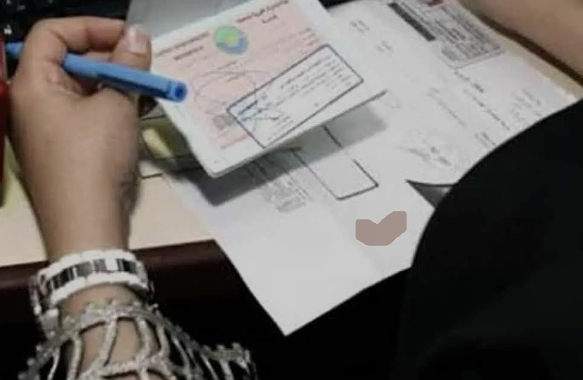Indian Passport Renewal and New Will Contain Chip. Foreign Going life Will Be Super Easy Now.
The Indian government has always been at the forefront of adopting technological advancements to streamline administrative processes. A significant leap in this direction is the upcoming launch of the Passport Seva Programme 2.0, an upgrade to the existing system introduced in 2012. This new system promises to transform the passport issuance process with its advanced technological framework and enhanced security features
Key Highlights of Passport Seva Programme 2.0
State-of-the-Art Digital Ecosystem
The cornerstone of the Passport Seva Programme 2.0 is the establishment of a cutting-edge digital ecosystem. This involves overhauling existing processes and integrating various stakeholders and databases to create a seamless, efficient passport service system
Enhanced Citizen Interface and Technology Upgrades
The programme focuses on improving the citizen interface by adopting the latest technology. This means quicker processing times, easier application procedures, and overall improved user experience for citizens applying for passports.
Robust Security and Data Protection
Security is paramount in the new system. Key assets like Data Centres, Databases, and Application Software will be government-owned, ensuring high-level security and data protection. The system will feature strict access controls, incorporating biometrics to safeguard against unauthorized access and ensure the integrity of the passport issuance process.
Comprehensive Network and Monitoring
A significant feature of the programme is the establishment of a Data Centre, a Disaster Recovery Centre, and a Government Secure Repository. These facilities will be networked to all Passport Seva Kendras (PSKs), Post Office Passport Seva Kendras (POPSKs), passport offices, and Indian missions/posts abroad. Additionally, the system will be monitored round the clock through a state-of-the-art Network Operation Centre (NOC) and Security Operation Centre (SOC), ensuring continuous operation without any disruptions
Biometric Information Storage
In a significant move towards enhancing security, the new passports will have a chip embedded with the holder’s biometric information, including photographs and fingerprints. This advancement will not only make passports more secure but also help in preventing the manufacture of fake passports.
Reduced Processing Time
Currently, it takes about four to five days to issue a passport. With the implementation of Passport Seva Programme 2.0, this duration is expected to be significantly reduced, making the process faster and more efficient for applicants.
Conclusion
The Passport Seva Programme 2.0 is a testament to India’s commitment to embracing technology for better governance. This revamped system is set to offer a more secure, efficient, and user-friendly experience to citizens, reflecting the government’s dedication to facilitating seamless public services. With these advancements, India is poised to set a new standard in passport services, aligning with global best practices and security norms.





